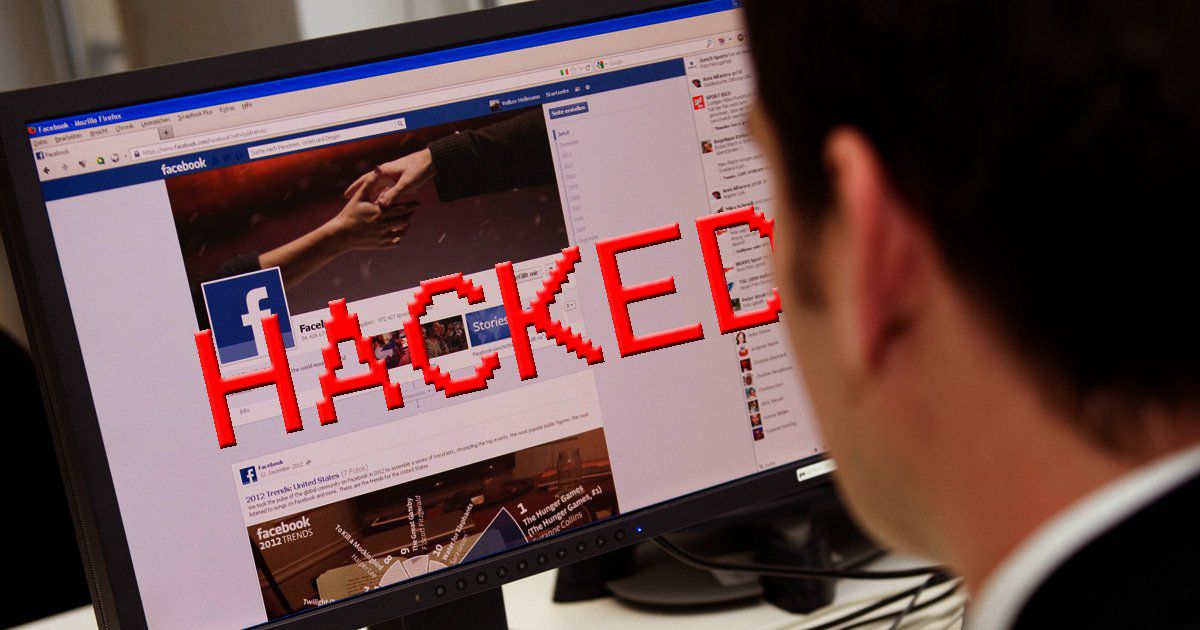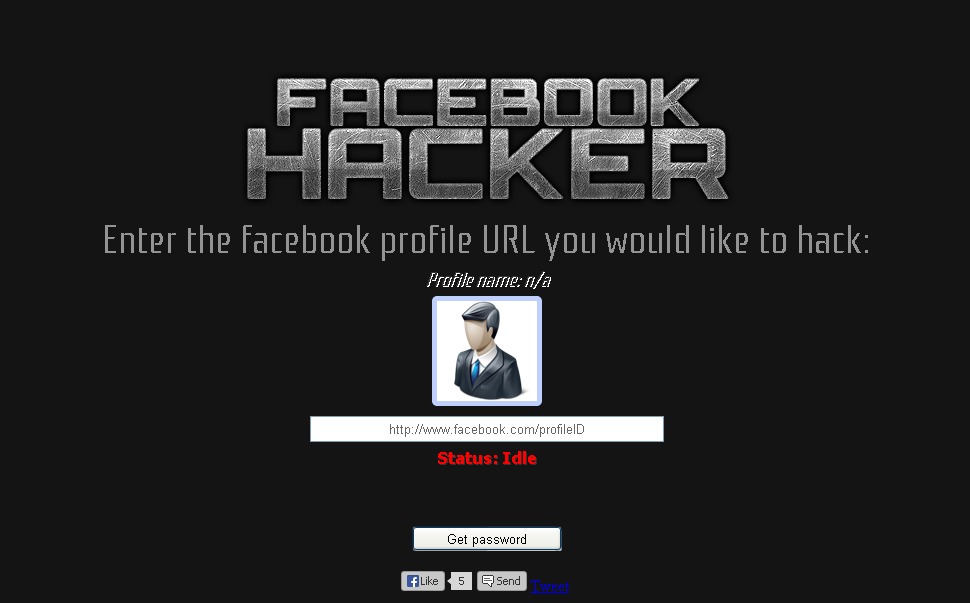
The website also added, "Accepting a request from a stranger on Facebook cannot lead to hackers gaining access to your computer or online accounts. Other names, which get included and shared worldwide as a warning of a potential threat are Anwar Jitou, Tanner Dwyer and Bobby Roberts, reported The Telegraph.Īccording to NewsHub, "Users have nothing to fear - the message is a hoax and as far as we can tell Jayden K Smith does not exist. This name in the message often gets changed while the rest of the part remains same. It's a modern day practical joke like ringing someone's doorbell and running away, but only virtually, described DevonLive. Forwarded as received."Įxperts say that this message or the likes of it are the latest in a string of fake 'hacker' warnings which are being cut, pasted and shared all across the globe within a blink of an eye.įacebook users ranging from London to Ladakh alike are getting this message and unknowingly they are spreading this hoax in order to protect their family and friends from this fake hacker Jayden K Smith.

If one of your contacts accepts it, you will also be hacked, so make sure that all your friends know it. He is a hacker and has the system connected to your Facebook account. You might have received this message on Facebook over the past few days: "Please tell all the contacts in your Messenger list, not to accept Jayden K. Those warnings are still being voiced even after knowing that a person of that name doesn't even exist. Millions of Facebook users have already been warned not to befriend him on the social media platform. Currently, the most widespread moniker on social media is Jayden K Smith and the main twist is he is not even a real person.

FACEBOOK HACKING HOAX UPDATE
Copying and pasting a status update does not expose login information to Facebook scammers.The most popular names on social media today is not Kim Kardashian or Beyonce and no it's not even Donald Trump who is creating tremors in the social media.

Unauthorized access should not be confused with account cloning, a known issue, but one that does not involve anyone accessing your account without permission (instead using your public photographs and information to solicit money or personal information from your friends and family).
FACEBOOK HACKING HOAX PASSWORD
Even if Facebook scammers did unnecessarily target users with searches, they would still need an individual’s password to log in as that user - but if they had those credentials, there would be no need for hackers to target people sharing “copy and paste” status updates.īest practices for Facebook security include two-factor authentication, by which each login is verified as legitimate. Locating users using a search string of text does not make their accounts any more vulnerable to hacking, and we found absolutely no evidence to suggest that Facebook scammers target people with status updates.

The narrator of the video walks viewers through his theory of copy and paste hacking, claiming that anyone with bad intentions can copy a portion of any circulating status update, paste it into the search bar, and find everyone on social media who has shared that message.Īlthough the video claims to provide information about securing accounts, it instead just illustrates lack of familiarity with Facebook’s security protocols. On 6 February 2017, fitness marketer Antony Newby published a video advancing the claim that “copy and paste” Facebook status updates left users unwittingly vulnerable to people who wanted to hack into their social media accounts and, by extension, their computers:


 0 kommentar(er)
0 kommentar(er)
